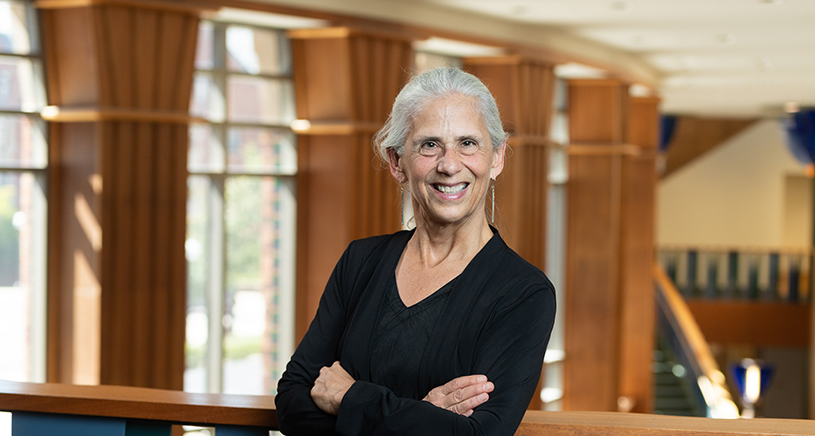Courses Taught by Amy Schulz
HBHEQ690: Environmental Health Promotion
- Graduate level
- Residential
- Fall term(s) for residential students;
- 3 credit hour(s) for residential students;
- Instructor(s): Amy Schulz (Residential);
- Offered every year
- Prerequisites: HBHE 600 or Permission of Instructor
- Description: This class applies health education principles towards understanding and intervening on different environmental hazards. The course will review various kinds of environmental issues, including biochemical toxins, physical hazards, and psychosocial stressors. Students will learn about select datasources from which they may obtain environmental health information. The course will examine the literature on risk and environmental health education and explore how health educators can use resources and conceptual tools to address environmental concerns. This course will also examine case studies from individual communities as focal points for discussion. Based on these case studies, students will explore whether extant theories and approaches can help protect vulnerable populations, insure environmental justice, and reduce health disparities. The format of this class is a combination of lecture and discussion.

| Department | Program | Degree | Competency | Specific course(s) that allow assessment | EHS | Environmental Health Promotion and Policy | MPH | Evaluate strategies to promote environmental health | HBHEQ690 |
|---|
HBHEQ733: Community-Based Participatory Research (CBPR)
- Graduate level
- Residential
- Winter term(s) for residential students;
- 3 credit hour(s) for residential students;
- Instructor(s): Amy Schulz (Residential);
- Offered every other year
- Prerequisites: Doctoral Student or Advanced Masters Students with permission
- Description: The involvement of community members in research and scholarship has emerged as a critical component for public health research. This doctoral student seminar focuses on the ways in which researchers and community members collaborate to conduct research that leads to community change, and improvement in health and quality of life. Such efforts often call for clarifications and/or redefinitions of: scientists' roles and methods, the knowledge development roles of participating community members, and the varying meanings of "community." Attention will be paid to scholarly debates, practical, and methodological issues in the conduct of community-based participatory research. This seminar will address the major issues and methods involved in conducting community-based participatory research across different disciplines. It provides the opportunity for graduate students from different schools and departments to come together to share perspectives, develop new skills and explore how they can apply this learning to community-based participatory research projects.

